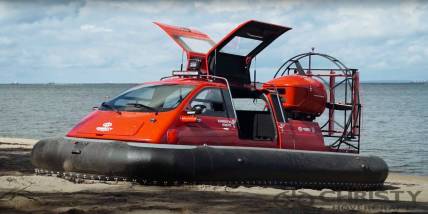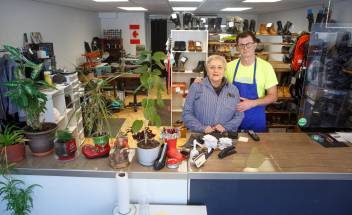Hovercraft to give HEART expanded reach
Read this article for free:
or
Already have an account? Log in here »
To continue reading, please subscribe:
Monthly Digital Subscription
$0 for the first 4 weeks*
- Enjoy unlimited reading on winnipegfreepress.com
- Read the E-Edition, our digital replica newspaper
- Access News Break, our award-winning app
- Play interactive puzzles
*No charge for 4 weeks then price increases to the regular rate of $19.00 plus GST every four weeks. Offer available to new and qualified returning subscribers only. Cancel any time.
Monthly Digital Subscription
$4.75/week*
- Enjoy unlimited reading on winnipegfreepress.com
- Read the E-Edition, our digital replica newspaper
- Access News Break, our award-winning app
- Play interactive puzzles
*Billed as $19 plus GST every four weeks. Cancel any time.
To continue reading, please subscribe:
Add Free Press access to your Brandon Sun subscription for only an additional
$1 for the first 4 weeks*
*Your next subscription payment will increase by $1.00 and you will be charged $16.99 plus GST for four weeks. After four weeks, your payment will increase to $23.99 plus GST every four weeks.
Read unlimited articles for free today:
or
Already have an account? Log in here »
Hey there, time traveller!
This article was published 07/02/2022 (1401 days ago), so information in it may no longer be current.
After two Manitoba men fell through ice and died in separate incidents last year, grieving families had to go through agonizing waits for the bodies to be recovered.
Seeing that anguish motivated a volunteer dive recovery team to seek a solution to speed up search and recovery times when lake and river ice is thin and unsafe to venture onto.
The Hutterian Emergency Aquatic Response Team (HEART), which took part in searches for the missing men in 2021, is waiting for a custom-built hovercraft to be delivered from St. Petersburg, Russia, as early as spring, depending on supply chain issues.
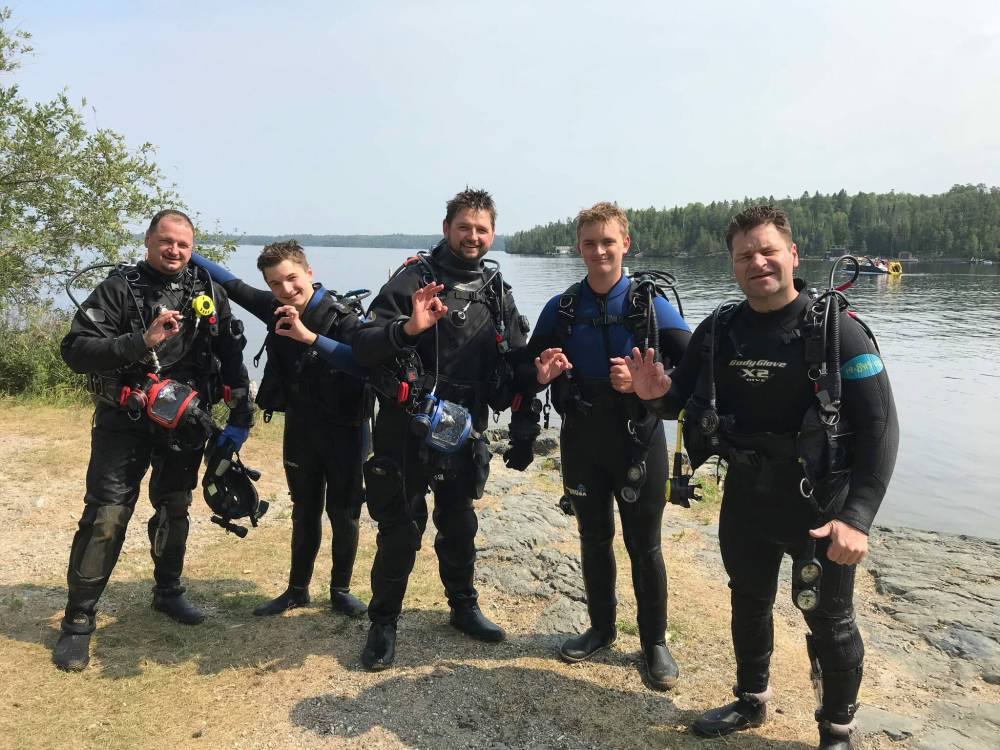
“We periodically run across situations where we can’t access the site of a drowning incident,” said Paul Maendel, HEART diver and team leader. “A hovercraft would allow us to help in any situation. It would allow us instant access to the site. There’s really nothing like this available in Manitoba, as far as I know.
“There’s a tremendous burden on our hearts to help families in need. No family should hear the words that their loved one is unrecoverable.”
The $150,000 vehicle, a 6146 FC Rescue model by Christy Hovercraft, will make recovery operations safer for team members and more effective, he said.
HEART hopes it will spare families from lengthy waits in seasons where ice isn’t thick enough to support the weight of the team.
In a recent case, it was called in to find a man near Kenora, Ont., but it had to wait until the ice became thick.
“That family had to wait for three months for us to make a recovery. That’s a long time to wait,” said Maendel. “We do this out of love for those families. We feel compelled to help.”
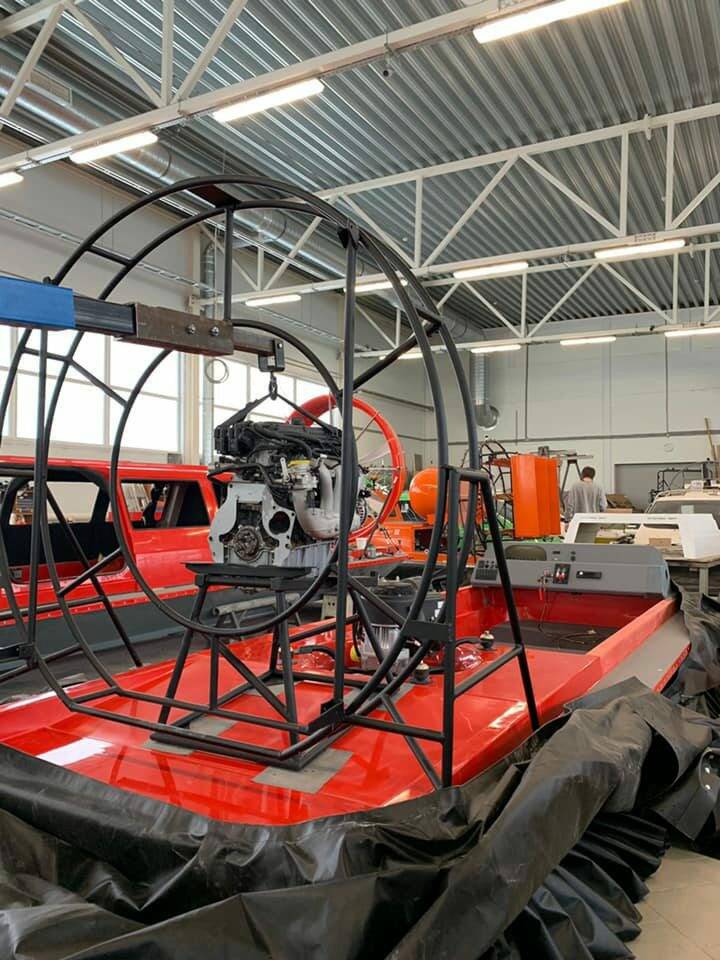
HEART, run by members of Oak Bluff Hutterite Colony near Morris, is a registered charity and relies on donations to carry out recovery operations and purchase and maintain equipment.
It does not charge a fee for its services.
Grunthal resident Naomi Murray became a fundraiser for HEART, after the team recovered the body of her father, Daryll Fenton, 68, from Moose Lake on May 29, 2021.
The La Broquerie man was fishing on a boat when he went into the water. An RCMP dive team wasn’t able to respond immediately, said Murray.
HEART arrived about three hours after the incident and recovered Fenton’s body that night.

“We did not have to sleep a wink without my dad. We were very lucky,” said Murray. “Some families have to wait 30 to 40 days. You can’t even move on to the next stage of grief.”
At the time, she worried her father’s body would be found by a random person days or weeks later if it wasn’t discovered by a police or civilian dive team first.
“I didn’t want my dad to be someone’s trauma. What if it was a kid (who found him)?” she said.
The bonds between HEART and the families it helps remain strong in the months and years after tragedies.
“HEART carries the weight and they pray for the families. Every single person they recover, the families become part of HEART,” said Murray. “When they found my dad, they wept with us.”
HEART has a little more than a half-dozen members. It was formed about 10 years ago, by a group of recreational divers after a number of drownings at Hutterite colonies.
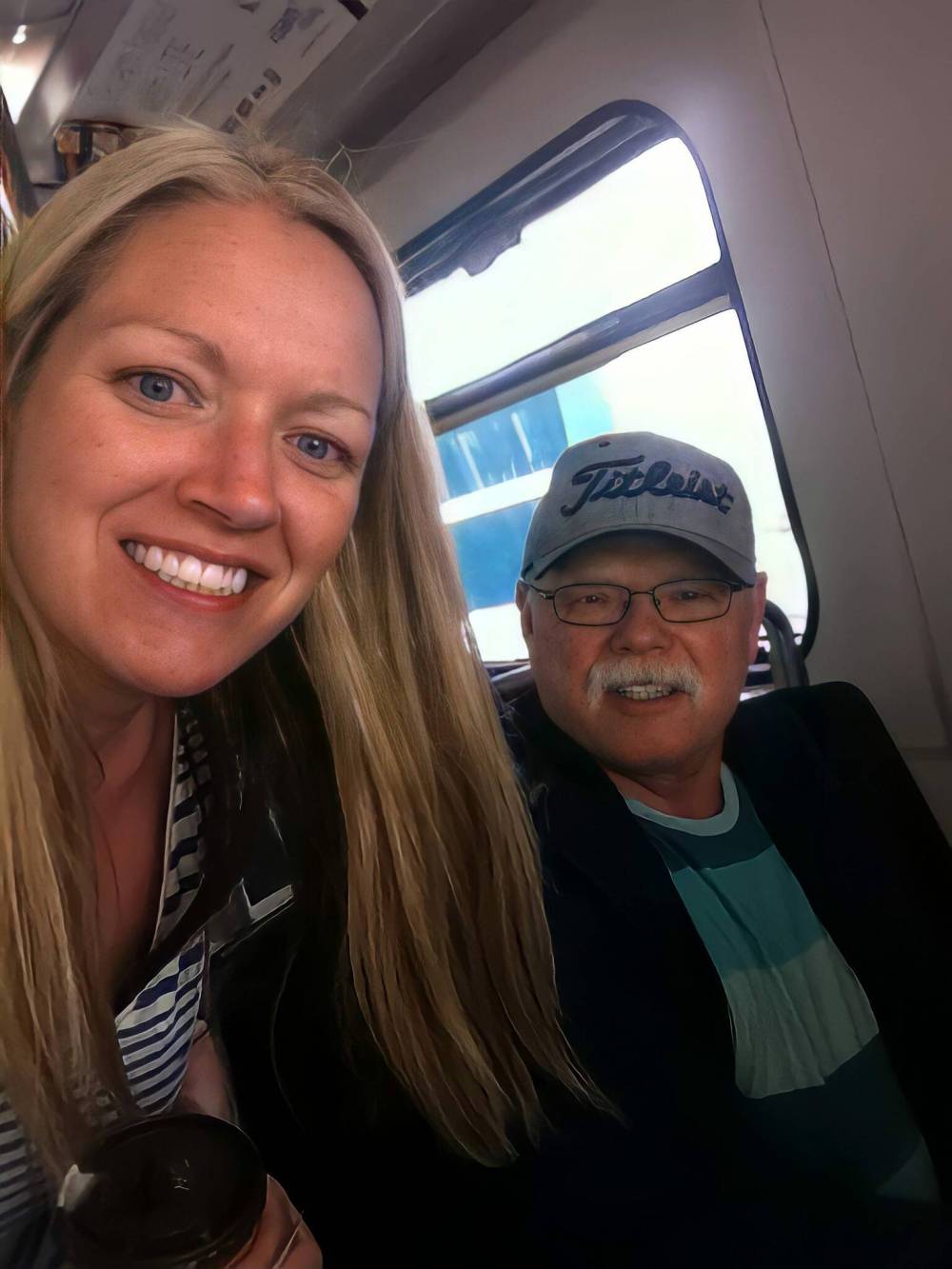
Involved in 16 recoveries last year, the team is usually called in by police or relatives of a person missing in a body of water. It has taken part in search and recovery operations from Sicamous, B.C., to Lake Erie, though most of its work is done in Manitoba.
HEART is responding to more incidents thanks in part to awareness and its advanced technology, which police services do not possess. It uses towed side-scan sonar to locate bodies and a remotely operated underwater vehicle to recover them.
The team will be able to deploy and operate the equipment from the hovercraft’s enclosed cab.
The hovercraft could also be used for rescue operations, for example, if a person or group is stranded on an ice floe, said Maendel.
In addition to that vehicle, HEART is also relying on donations to purchase a 7.6-metre long Stabicraft 2500 Ultracab boat that can be used to carry out searches in deeper water.
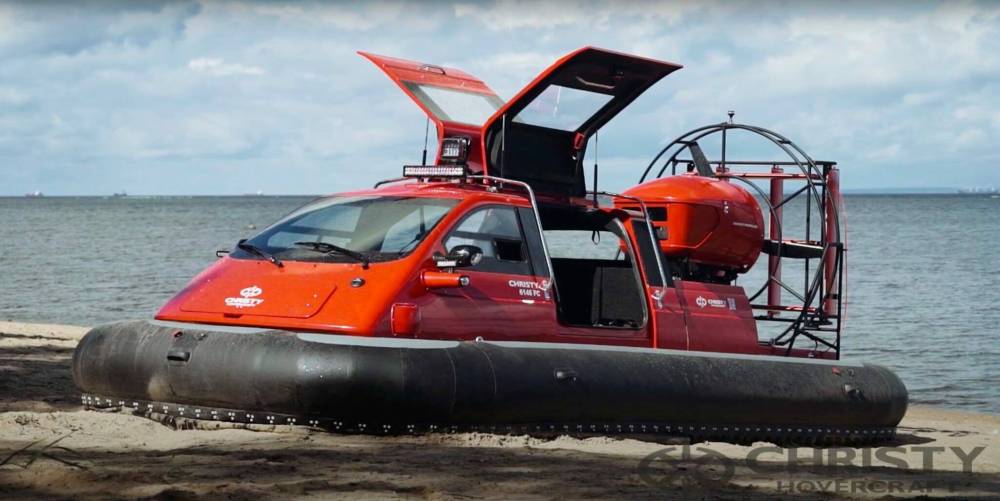
chris.kitching@freepress.mb.ca
Twitter: @chriskitching
As a general assignment reporter, Chris covers a little bit of everything for the Free Press.
Our newsroom depends on a growing audience of readers to power our journalism. If you are not a paid reader, please consider becoming a subscriber.
Our newsroom depends on its audience of readers to power our journalism. Thank you for your support.






